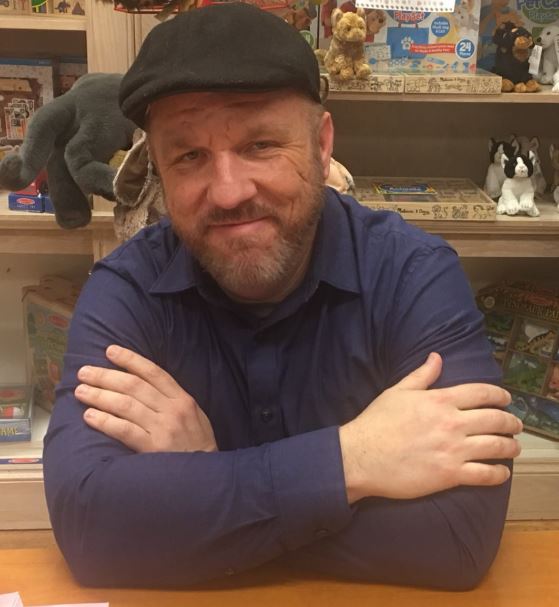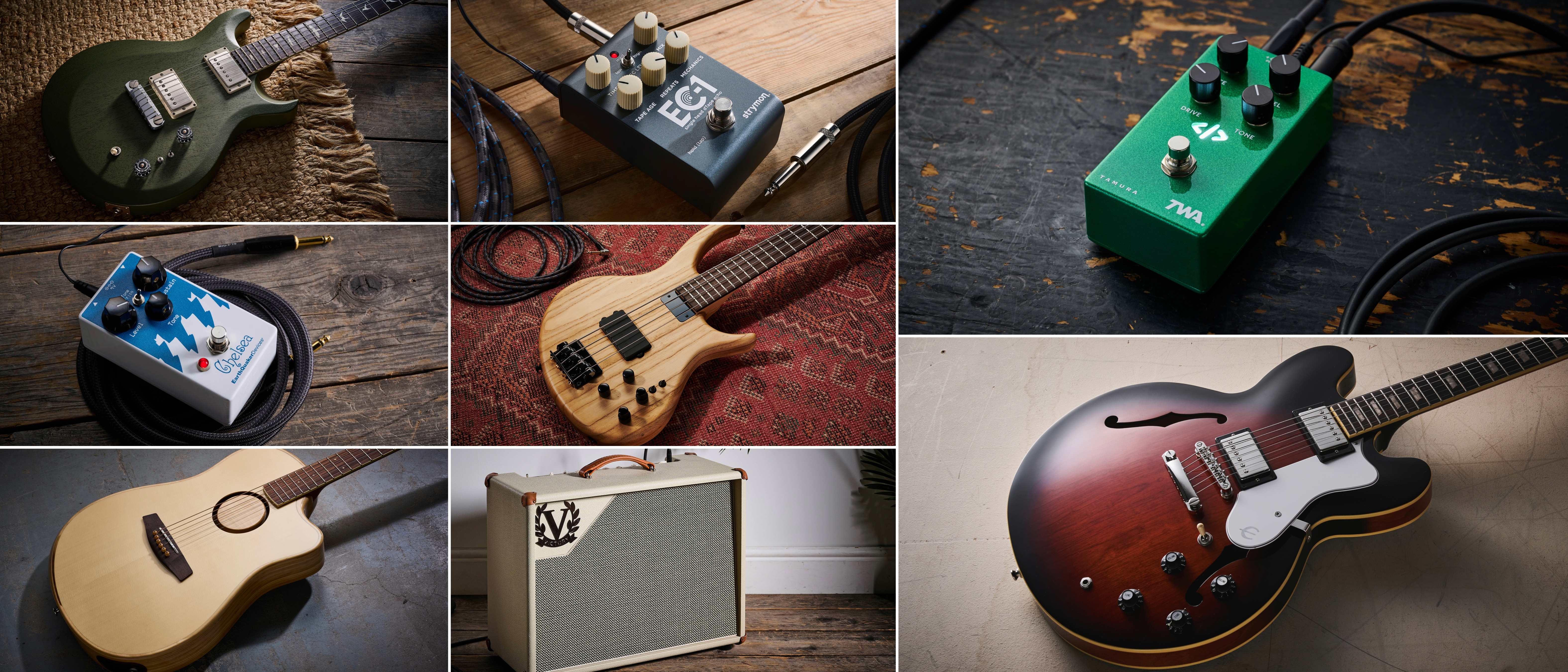Queensrÿche Guitarist Parker Lundgren Discusses New Album, Influences and More
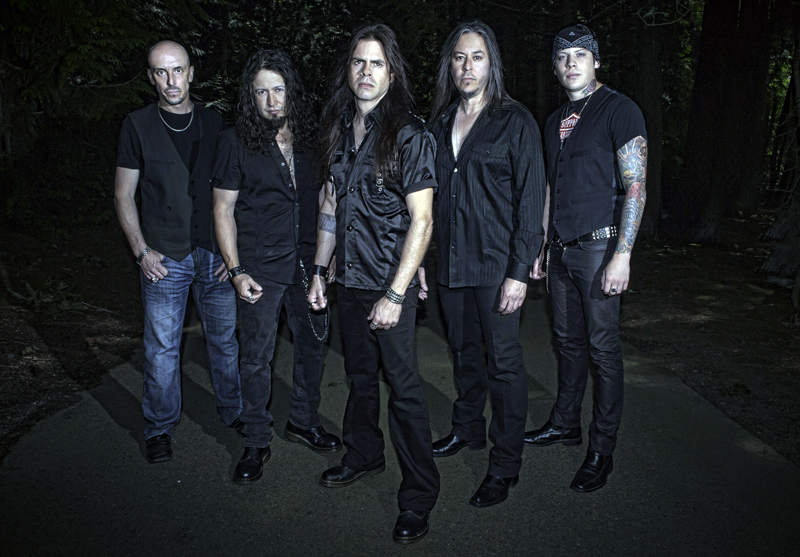
Ever since Queensrÿche cleaved in two last year, its members have found themselves in separate camps.
On the one side there’s founding singer Geoff Tate. On the other are three founding musicians — guitarist Michael Wilton, bassist Eddie Jackson and drummer Scott Rockenfield — who are joined by guitarist Parker Lundgren and former Crimson Glory singer Todd La Torre on vocals.
Some would say the latter act has its work cut out for it. For many longtime Queensrÿche fans, Tate is the real-deal — the voice of the Queensrÿche sound.
Lundgren is himself a fairly recent addition to the Queensrÿche camp, having joined the group in 2009. But he and his bandmates have been hard at work winning over skeptics with their new self-titled album. It’s a disc that not only feels like the band’s second coming but also stays true to Queensrÿche's original sound.
A judge will decide later in November which of the two Queensrÿches is allowed to carry on with the name. Until then, Lundgren and company will be hard at work making their case before the fans, one gig at a time.
Guitar World caught up with Lundgren to discuss his group’s new album and his own background as a guitar player.
GUITAR WORLD: How has the band been handling the confusion over the two Queensrÿches?
All the latest guitar news, interviews, lessons, reviews, deals and more, direct to your inbox!
It’s been a little frustrating when promoters don’t seem to know what’s going on. Then there are the times when we see their [Tate’s Queensrÿche] show advertised with our photo, or we get calls from friends saying they’ve heard we’re going to be in town and we’re not. We’ll just try to do our own thing and let them do theirs until everything is settled.
Why did the band decide to name the new album Queensrÿche?
The band originally started out with a self-titled EP, so I think for most of us the title signifies a rebirth of the band. It was a mindset — a “we’re back” sort of thing.
What was it like working on an album with Todd?
The coolest thing about working with Todd is that he’s not just a singer — he’s also a musician. He plays guitar, bass and drums. I’d track guitars and send it to him, and then he’d track drums and send it back to me. It was really convenient to co-write with someone who not only contributes lyrically and melodically but also with instruments as well.
Let’s discuss a few songs from the album. Tell me about “Where Dreams Go to Die.”
That was a song Todd and I wrote, and we actually worked it out over Skype. I showed Todd some song ideas I had. I remember playing a part, and he stopped me and said, “Wait! Just move that progression down one chord and I can sing this melody over it.” Things like that really helped.
How about “In This Light”?
Scott [Rockenfield] wrote the music for that song, and then Eddie [Jackson] wrote the melody along with Todd. Scott used keyboards to get the chord structure down, and then we layered guitars in the studio to make it sound huge.
You joined Queensrÿche in 2009. How did that come about?
Back when Geoff started promoting his wine [Tate is a wine enthusiast and in 2010 launched his own brand, Insania], I was working with him on his solo project. Around that same time, the band had a falling out with Mike Stone [guitarist]. I knew most of their material and was already friends with all of the guys. I heard that their upcoming tour was going to consist of three albums in their entirety: American Soldier, Rage for Order and Empire.
I learned all three of those albums ahead of time and knew all the material before I even showed up for the audition with Michael. When I showed up, Michael started asking me about running through songs. He said, “Oh, you mean you know these already?” and I said, “Yeah, I know the whole set.” Then he said, “Oh, well in that case, here’s what you’re going to need for the tour.” I think he was relieved that he didn’t have to teach the new guy all the parts. [laughs]
Tell me a little bit about growing up and playing guitar.
I grew up in Port Townsend, Washington. My friends and I all played, and I was always in three or four different bands at any given time. I played a lot of different genres, studied jazz and went to all of the different workshops every year.
Who were some of your influences?
Django Reinhardt, as far as jazz goes. Of course all the metal guys, too. I was also a fan of Chris DeGarmo and remember learning Queensrÿche songs back when I was in high school.
Did you ever take lessons?
I always had a guitar teacher and also bought books and went through them from start to finish. I now teach guitar myself, so that keeps me up on everything. Whether it’s working with the band, giving guitar lessons or writing and recording, I usually end up playing guitar five to eight hours a day. Growing up, I would practice to get better, but at this position it’s just what I do.
How does it feel being a part of the Queensrÿche legacy?
At first it was scary being the new guy and having to play in front of people and wonder if I was being judged. But now I see these guys as family and friends. We do everything together. It’s no longer a shock to me.
Has the band given any thought to what might happen after the judge decides ownership of the name?
We haven’t really given thought to it. It is what it is for a few more months. We’ll cross that bridge when we come to it.
For more on Queensrÿche, visit their Facebook page.
James Wood is a writer, musician and self-proclaimed metalhead who maintains his own website, GoJimmyGo.net. His articles and interviews are written on a variety of topics with passion and humor. You can follow him on Twitter @JimEWood.

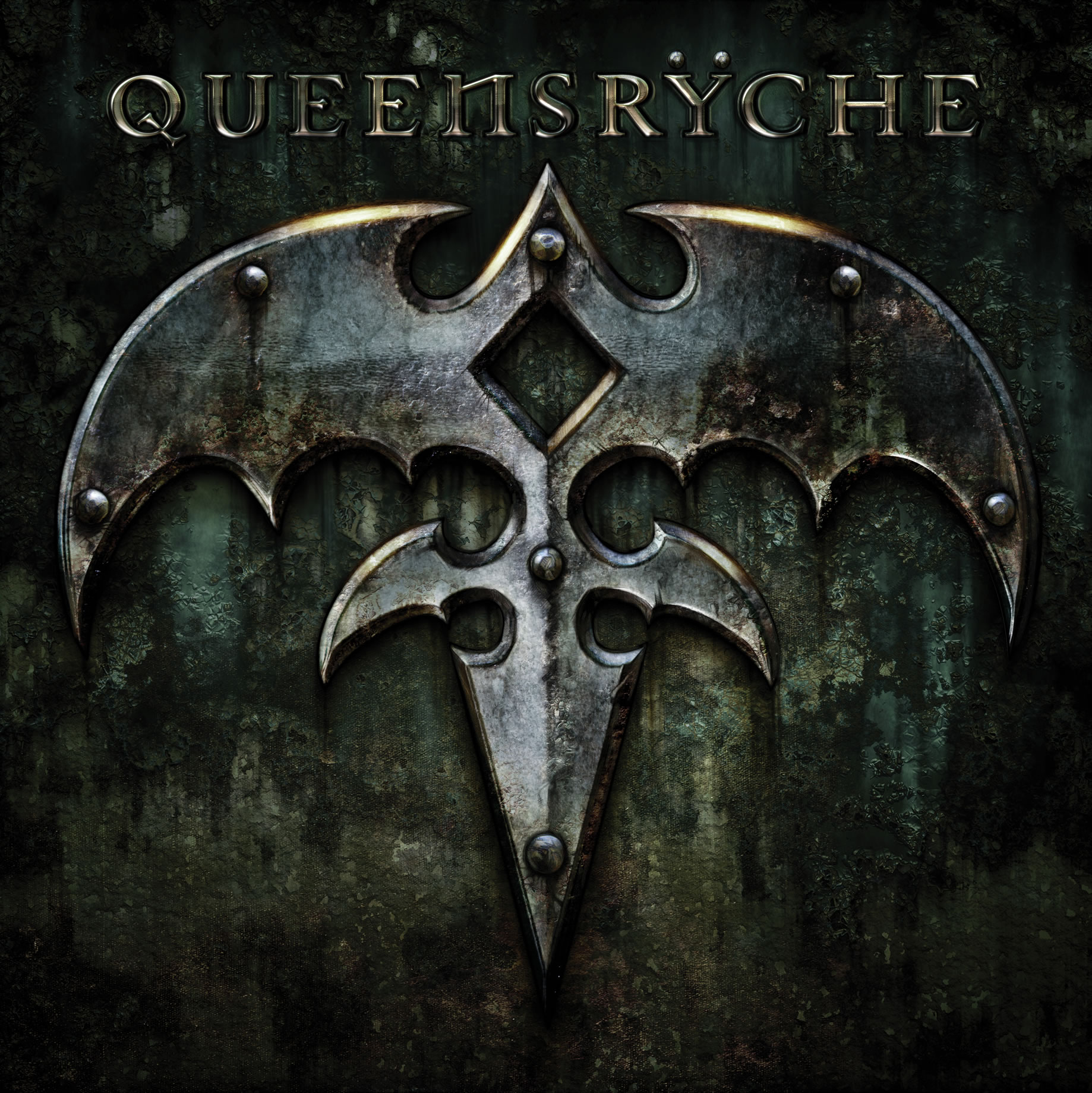
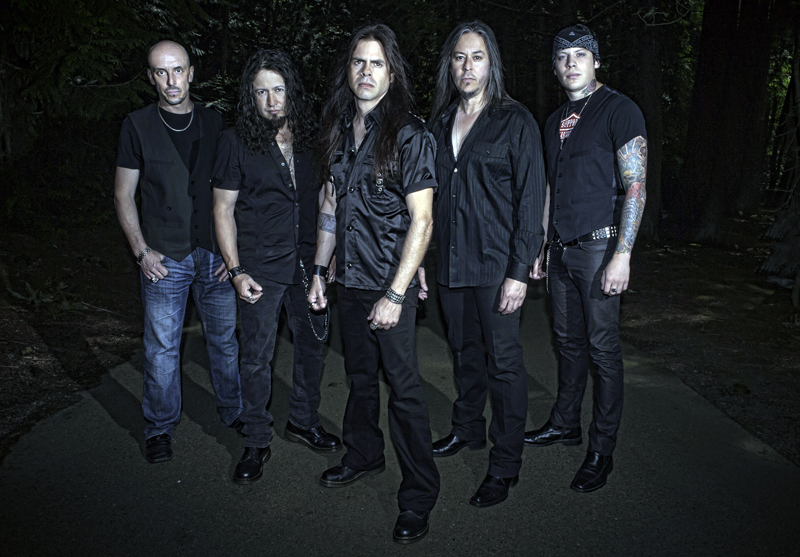
James is a guitarist and freelance writer who's interviewed some of the biggest names in music. He is the author of four books and his writing credits include work for Guitar World, AXS and Yahoo! as well as for his hometown newspaper where he writes on a variety of topics with both passion and humor. As a guitarist, he's performed everywhere from local bars and nightclubs to some of the biggest stages in front of thousands of music fans.
